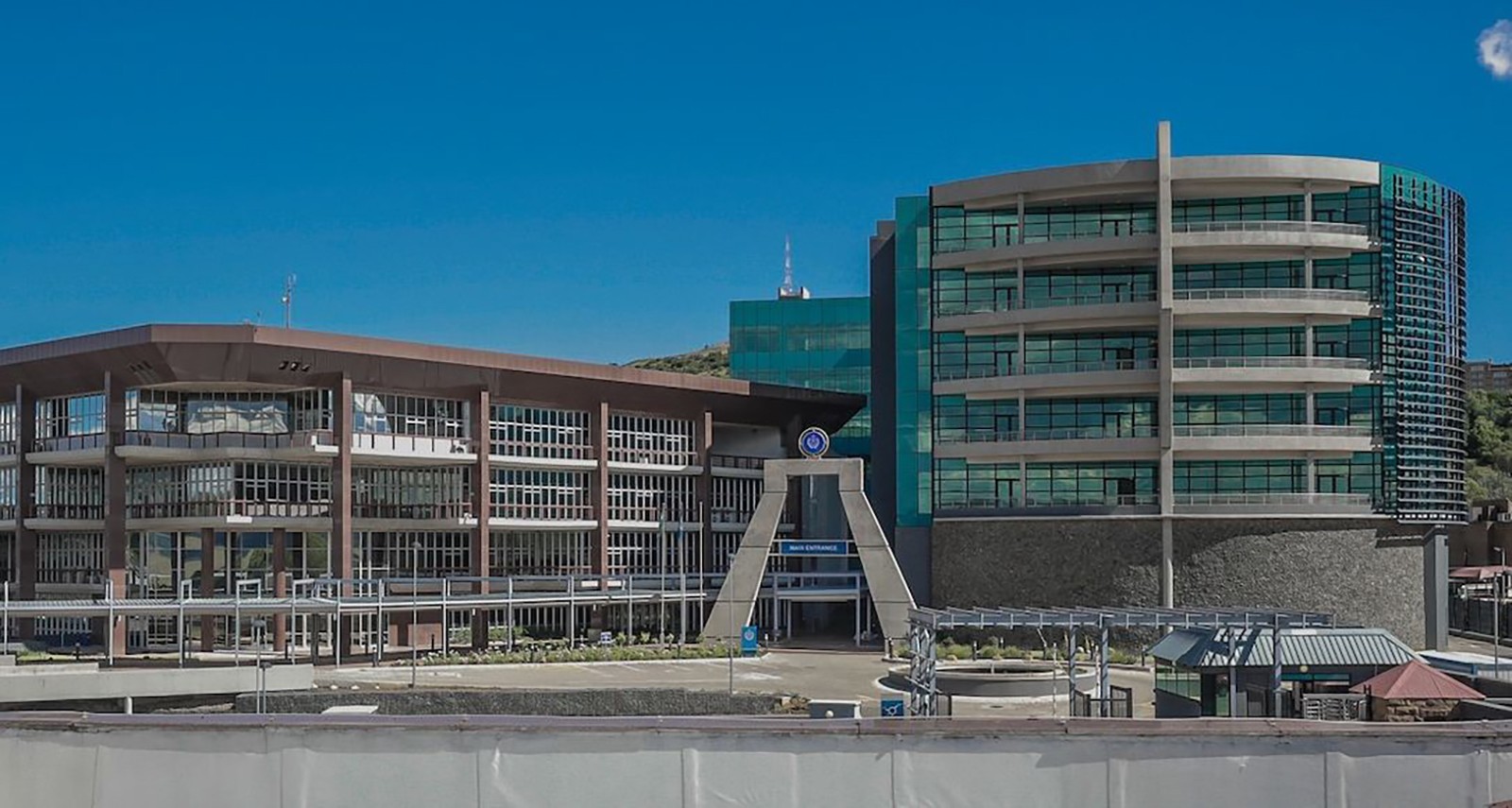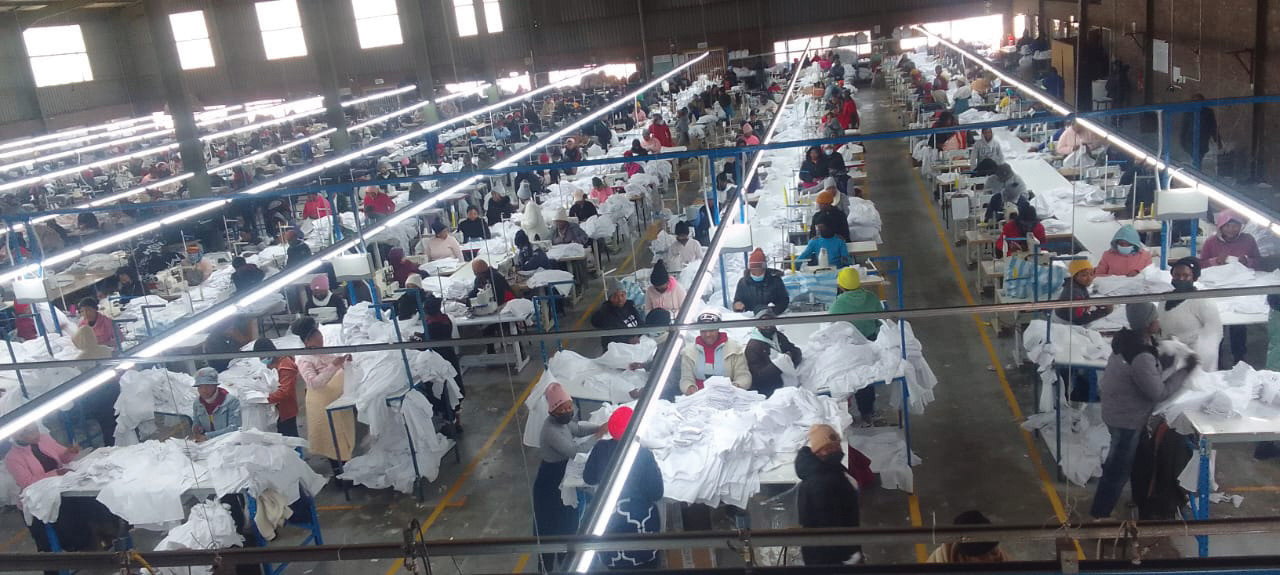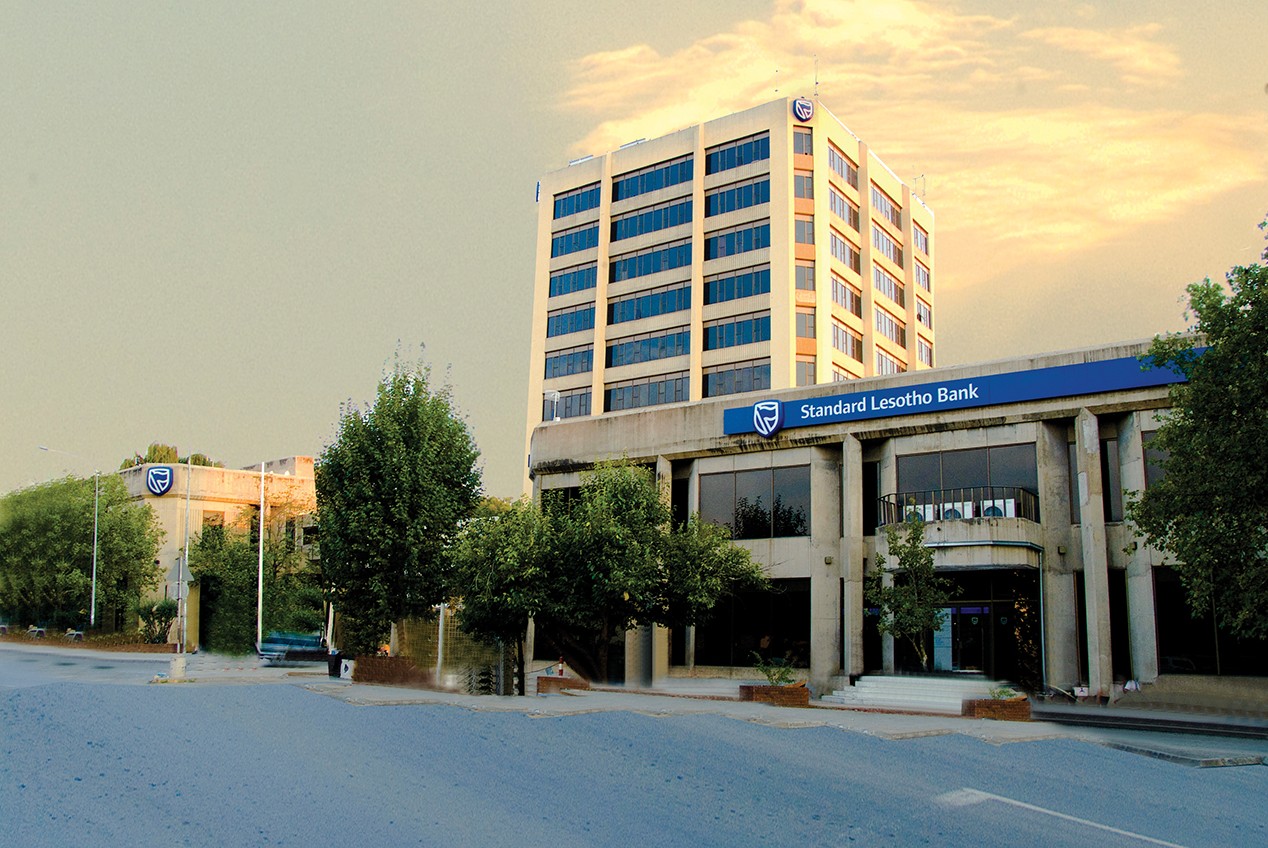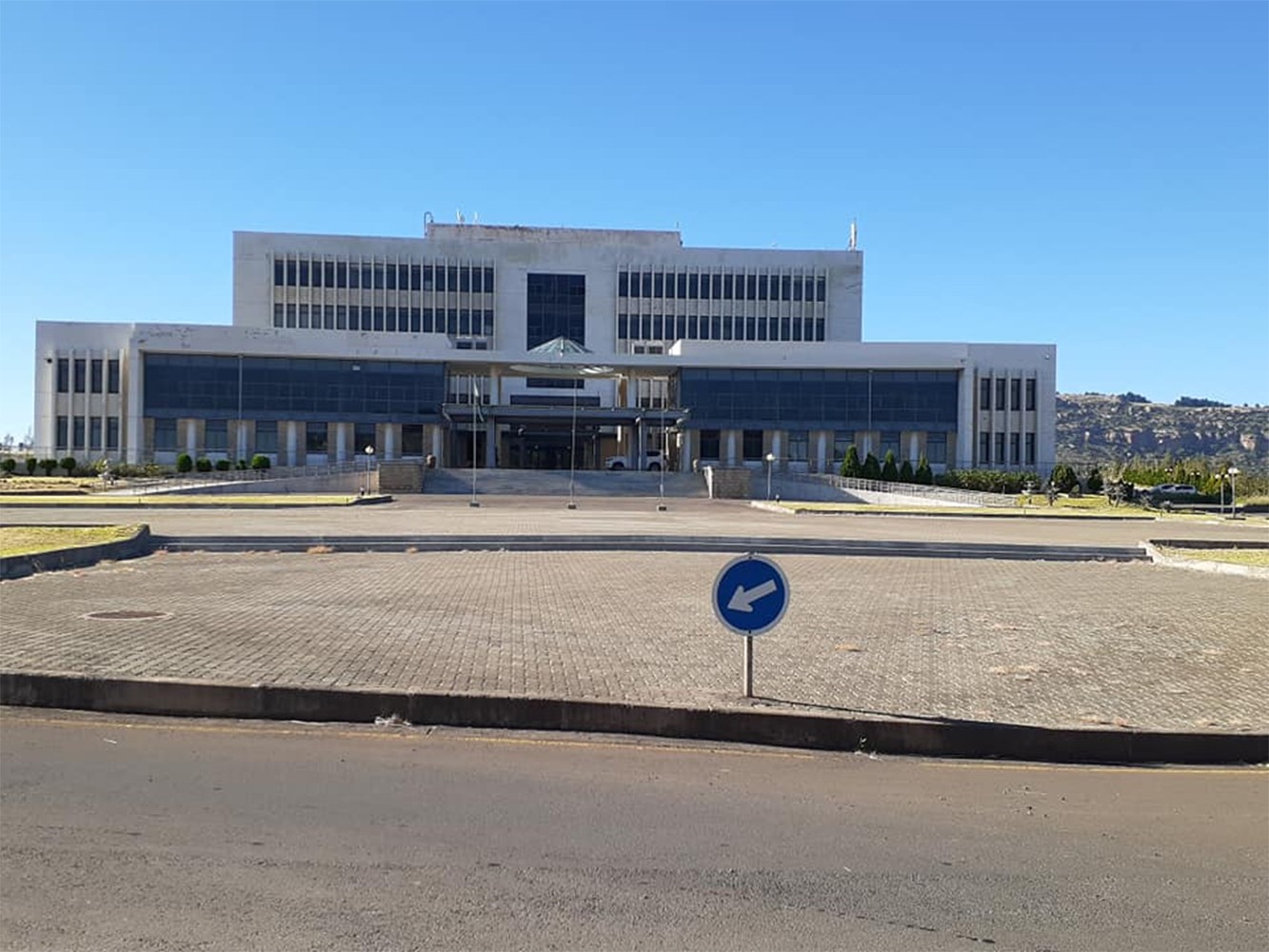Textile sector on comeback trail

SHARE THIS PAGE!
Lesotho’s struggling clothing and textile industry could be poised for revival as four factories have recently reopened.
The government aims to re-establish more factories to boost gross domestic product, create jobs for Basotho, and increase tax revenue. Notably, the recently re-opened CGM is expected to hire 10,000 workers in the next six months to restore its former capacity. It has so far engaged 1,000 new workers and re-hired 300 old ones.
The Lesotho National Development Corporation (LNDC) reports an upward trend in the clothing sector, attributed to improving global economic conditions and recovery from the COVID-19 pandemic. This revival is highlighted by the reopening of factories, indicating a positive shift in the industry.
The corporation said this is as a result of improved economic conditions that are being recorded globally as well as in Lesotho due to recovering from external shocks that resulted from COVID-19 and other geo-political factors.
“Lesotho has already recorded the reopening of factories and this is indicative of improving conditions in the clothing sector,” it notes.
However, the secretary general of the Independent Democratic Union of Lesotho, May Rathakane, suggests that the recent reopening of factories in Lesotho is largely due to Kenya’s unstable economy.
Rathakane pointed out that Kenya is facing challenges in renewing its African Growth and Opportunity Act (AGOA) status, primarily because of protests related to police brutality and human rights violations.
He emphasized that while AGOA has not been renewed for several countries, including Kenya, the conditions for Lesotho are more favourable.
“With the National Assembly passing the polarising but US-appeasing and instigated Inheritance Act and the country enjoying stable governance, Lesotho presents a more attractive investment destination.
“Investors are increasingly moving from Kenya to Lesotho due to the uncertainty surrounding AGOA’s future in Kenya,” he said.
A 2024 AGOA report explained that Kenya is the second-largest exporter of textile and apparel products to the United States among AGOA beneficiaries. The sector has experienced steady growth in capital investment, with a 7.2 per cent increase from 2018 to 2022, in which 36 firms with a capital investment of Sh24.
LNDC on the other hand explained that it would not be precise to make any assumptions about the impact that the situation in Kenya will have on Lesotho, or to even draw parallel between the two.
It further said while Kenya is a competitor in the textile and garments industry, it is a competitor in a different region and furthermore, the choice to identify a given country as a preferred investment destination depends on the conduciveness of the countries investment climate, as well as the incentive package offered by respective countries.
Lesotho is one of currently 35 Sub-Saharan African countries that benefit from preferential access to the United States market under the African Growth and Opportunity Act (AGOA), which grants +- 6,700 products duty-free status.
United States importers of products that are made in Lesotho can import these goods duty-free, resulting in enhanced price competitiveness. These preferences are currently available until end September 2025, unless the AGOA legislation is extended or replaced by another arrangement beyond that date.
The minister of trade and industry, business development and tourism, Mokhethi Shelile, recently mentioned that Basotho in Newcastle in South Africa are being forced to return home, adding that has influenced the decision to re-open another in Maputsoe this week.
Shelile said this initiative follows the opening of the Ha Belo Industrial Estate in Botha Bothe, which will further mark a significant effort to revitalise the manufacturing sector and also provide more employment opportunities.
In recent weeks, the government has reopened Ever Unison Garments in Maputsoe and relaunched the CGM factory on September 13 in Maseru.
The reopening of CGM, themed “Re Bula Lifeme,” signals further factory openings in the country, reinforcing a hopeful outlook for Lesotho’s textile industry.
The factory, the largest single employer in the industry, found itself in murky waters last year when the Directorate on Corruption and Economic Offences (DCEO) charged nine people associated with the CGM Group and Presitex Enterprises, and three companies, with four counts of corruption and money laundering.
The accused were four Indians, two Basotho, one Shri Lankan, and two South Africans. The first accused, Indian Madhav Vasant Dlavi, was the director of both factories. Charged along with the nine are three companies, two of which were registered in South Africa and Dubai, respectively
On the first two counts, four of the accused were charged with misappropriating or diverting for their benefit any property or private funds entrusted to them by virtue of their positions, which saw them embezzled different amounts at different time amounting to M700 million. The money was stolen from the two factories in 2017.
The other two counts indicate how all the accused benefitted from the proceeds of the alleged crime by using the stolen money to buy motor vehicles, immovable property and unspecified machinery.
DCEO this week confirmed that investigations are still ongoing.
The Lesotho government provided a financial bail-out of M30 million to CGM Group in 2008, which was meant to be converted into equity as part of the broader restructuring of the textile industry.
In 2013 CGM Group concluded a further loan agreement with the government, and in 2014, the government issued guarantees in the total of M74 million to Presitex Enterprise and CGM Group. The grant was extended to M150 million.
While being beneficiaries of the said credit facility from the government, the respective entities not only failed to honour their obligations to repay back the loans granted to them but also orchestrated a well calculated corrupt scheme of embezzling and misappropriating funds out of their respective entities.
Presitex and CGM Group through its director, Dalvi and others engaged in a series of money laundering transactions in terms of which CGM Group funds were corruptly diverted out of the company using a series of offshore shelf entities and transaction.


Leggings debt lands woman in court
18 days ago
New pact targets tax compliance, jobs
18 days ago
Lesotho to host first-ever SACC race
19 days ago
CBL holds rate, shields peg from global storms
19 days ago
Trade unions cast doubt on AGOA renewal
22 days ago
Nigerian surveyor ordered to vacate govt house
22 days ago
SLB invests M240k through LUCSA partnership
22 days ago
Parly derides finance minister
23 days ago